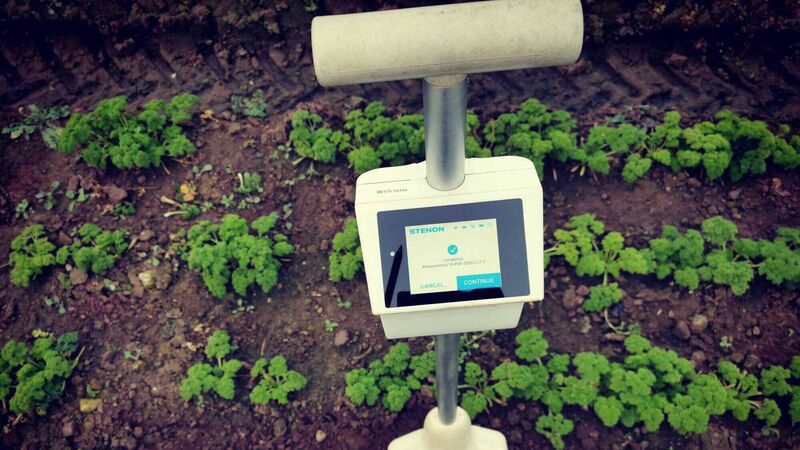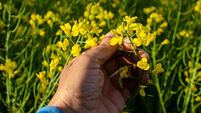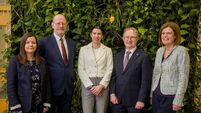Portable sensor tech offers in-soil analysis

The handheld Stenon FarmLab device has a battery life of more than eight hours and can be charged via a USB-C port. It includes a GPS module for identifying the location of each soil test. Picture: Stenon
On more and more farms worldwide, a portable sensor is used to quickly determine how much nitrogen fertiliser a field needs before a new crop is planted.
Soil sampling and analysis are widely carried out on Irish farms, but they only tell how much nutrients such as lime, phosphorous, and potassium are needed.













